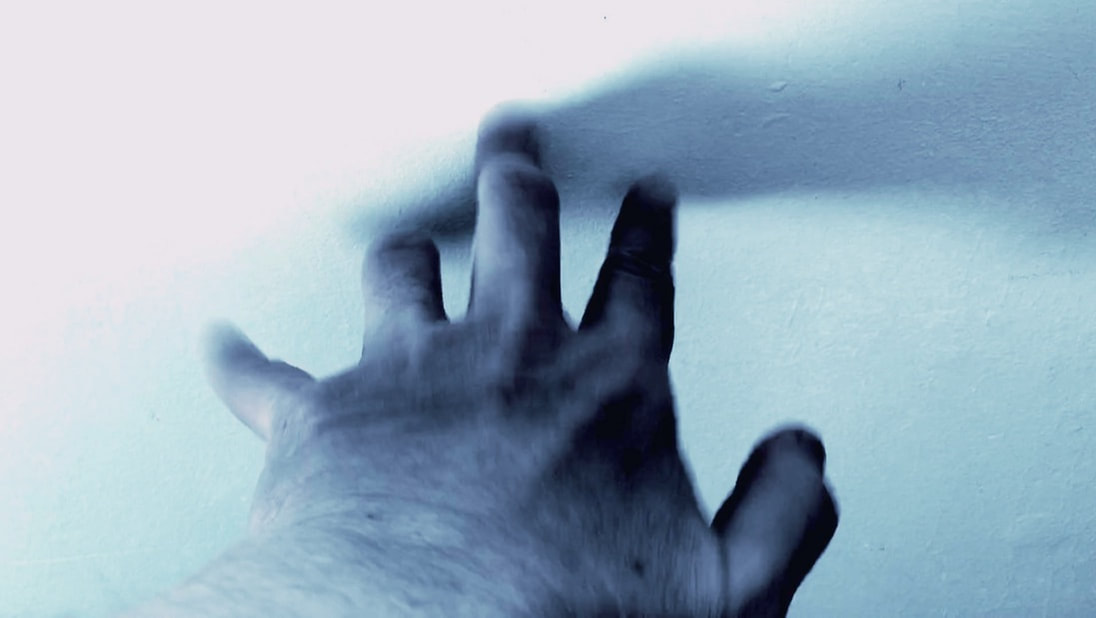|
I find the prospect of presenting my research to an academic audience daunting. Imposter syndrome looms large. It entices me to use complex ‘academic’ language and ideas to meet some nebulous scholarly standard I hold in my head. Ironically, it can have the reverse effect. Unless the audience shares your specialist knowledge, academic language can bewilder and disengage rather than communicate ideas clearly. Chris Fleming[1] makes the point that if you can’t explain your work accessibly to a range of audiences, then the chances are you don’t understand it yourself. I know this to be true from my own experience. His solution is to practice writing in different genres and talk about your work to diverse audiences. Through regular practice, not only do you sharpen your own understandings, but your work has the potential to connect with people outside the academy, which could in turn lead to real world impacts. Another of Fleming’s writing techniques is to “grab a thing or event and pull it down to the conceptual framework” because to start with the conceptual is to begin “in mid air”. When we begin with things that are tangible and make links from them to more abstract ideas, they are grounded and relatable. I’ve recently put this idea into practice in writing and preparing two presentations for two quite different audiences.
The first is a conference paper on my research for the EMERGE 2020 conference where I’ll be presenting to an audience of School of Humanities and Communication Arts post graduate research students and academics at Western Sydney University. I plan to start my talk by screening some little films I have made to trace my making and thinking research process. The films will act as a concrete demonstration of both my making/thinking process and the concept of affective filmmaking that I’m developing. Tracing the intra-action[2] of my making and thinking through the films will connect the audience experientially with the ideas my research explores. This will allow me to make a more meaningful link to the film and feminist new materialist[3] theories that have inspired my thinking and led to my development of affective filmmaking as a research method to explore young people’s experiences of gender in high school. The second, is a pilot filmmaking workshop that reworks my design for a series of ten face-to-face collaborative workshops for high school students as two online sessions for university students. I plan to run this shorter format with university students as a trial for what might need to become an online workshop with high school student participants if COVID-19 restrictions continue. The university student participants are all under the age of 25 and from diverse disciplines. They will be primed to draw on experiences of gender in high school as they have all participated in Gender Matters focus groups. They may range from having no filmmaking experience through to a lot. I plan to begin by screening short clips from films that demonstrate the way film can make us feel and understand through our bodies – its affective impact. This should allow the participants to feel the impact of cinematic concepts in action. After each film clip, I will invite participants to share what the experience was like for them and support them to identify the cinematic concepts and techniques filmmakers use to achieve the effects they identify. Each clip will build on the next in complexity, adding to the range of concepts and techniques. This process should allow participants to experience and understand the concepts tangibly before applying them in practice in their own filmmaking exercise a short time later. I have run a trial of both the presentation and the workshop with my supervisors and colleagues in the last couple of weeks. In both cases, the approach of starting with the tangible proved effective in communicating and engaging the audience with the ideas and encouraging productive dialogue. The process of articulating my ideas and the feedback elicited has helped me to further refine and better understand my work. As Fleming says, when you write you are “always at risk of learning”. Image: still frame from affective filmmaking fragment "hands" © 2020 Prue Adams Notes
0 Comments
Leave a Reply. |
BlogMy thinking about filmmaking as an affective, emergent mode of inquiry to explore experiences of gender in secondary school with young people through my doctoral research. Archives
December 2022
Categories
All
|
